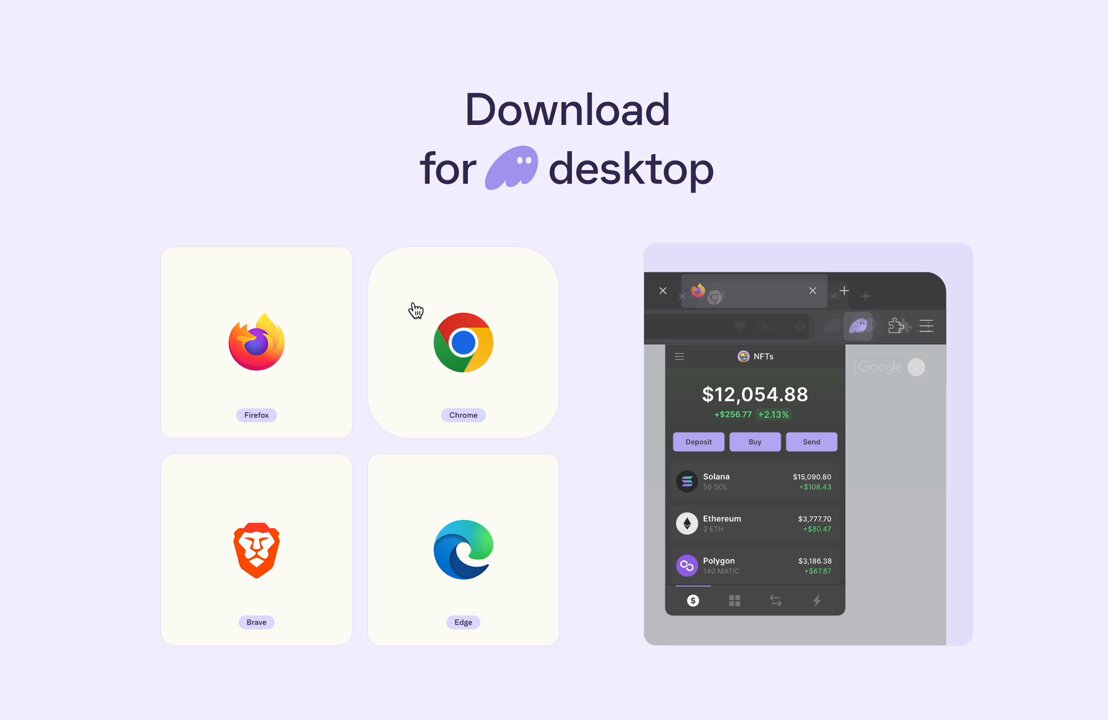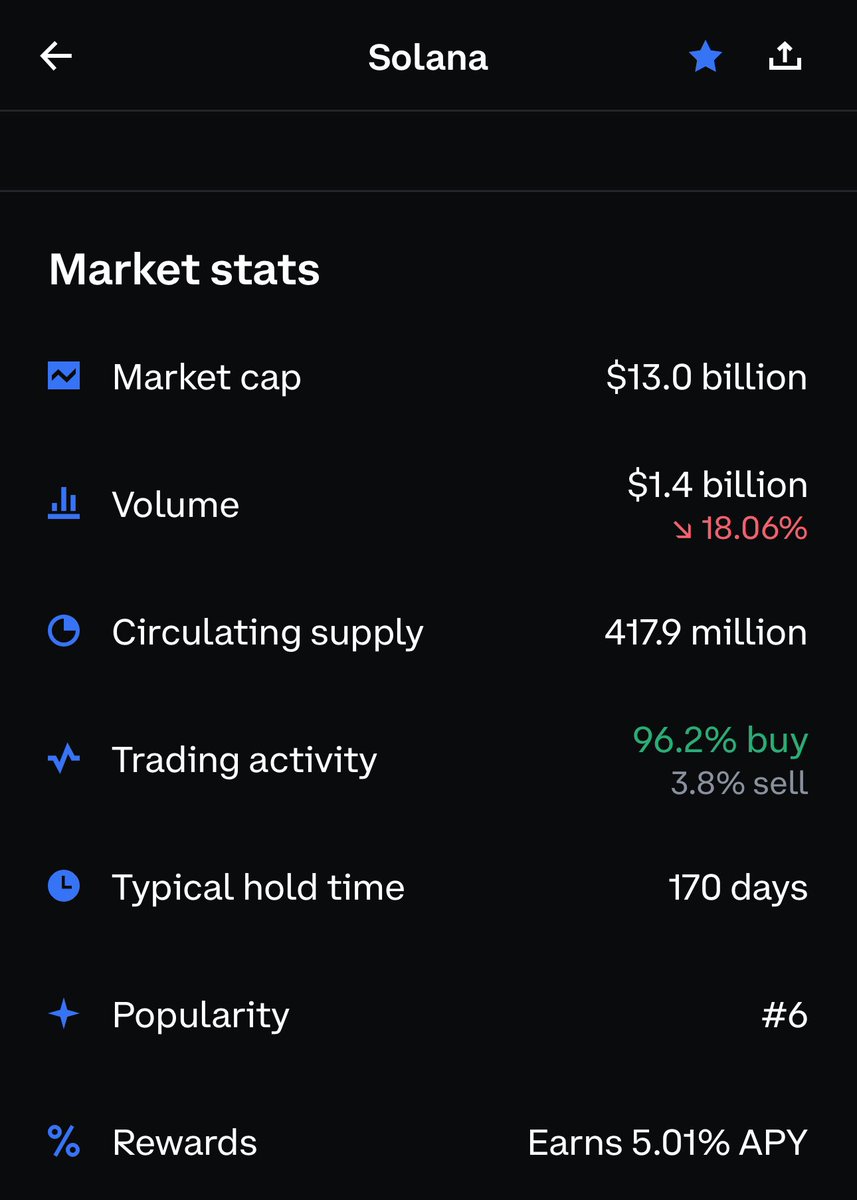
Staking SOL isn’t just about earning passive income anymore—it’s becoming the backbone of a new Web3 gaming economy. Solana validator gaming is emerging as a trend where staking SOL directly powers in-game rewards, XP boosts, and even exclusive token drops for players. As more developers integrate staking mechanics into their games, the relationship between validators and gamers is evolving into something much more interactive and rewarding.

How Solana Validator Gaming Works
At its core, Solana validator gaming leverages the network’s high-speed, low-cost infrastructure to create real-time reward loops between stakers and players. When you stake your SOL—either natively or via liquid staking protocols—your tokens are delegated to validators who secure the network. In return, you earn staking rewards (typically 5-8% APR), but now there’s an added twist: certain games recognize your staked amount and grant you bonus XP, access to premium content, or even distribute native game tokens like $PLAY token Solana.
The Mechanics Behind Staking SOL for Games
Let’s break down how this works in practice:
Steps to Stake SOL for Web3 Game Rewards
-

Choose a Validator: Select a trusted validator from the Solana Beach validator list or use your wallet’s built-in staking interface.
-
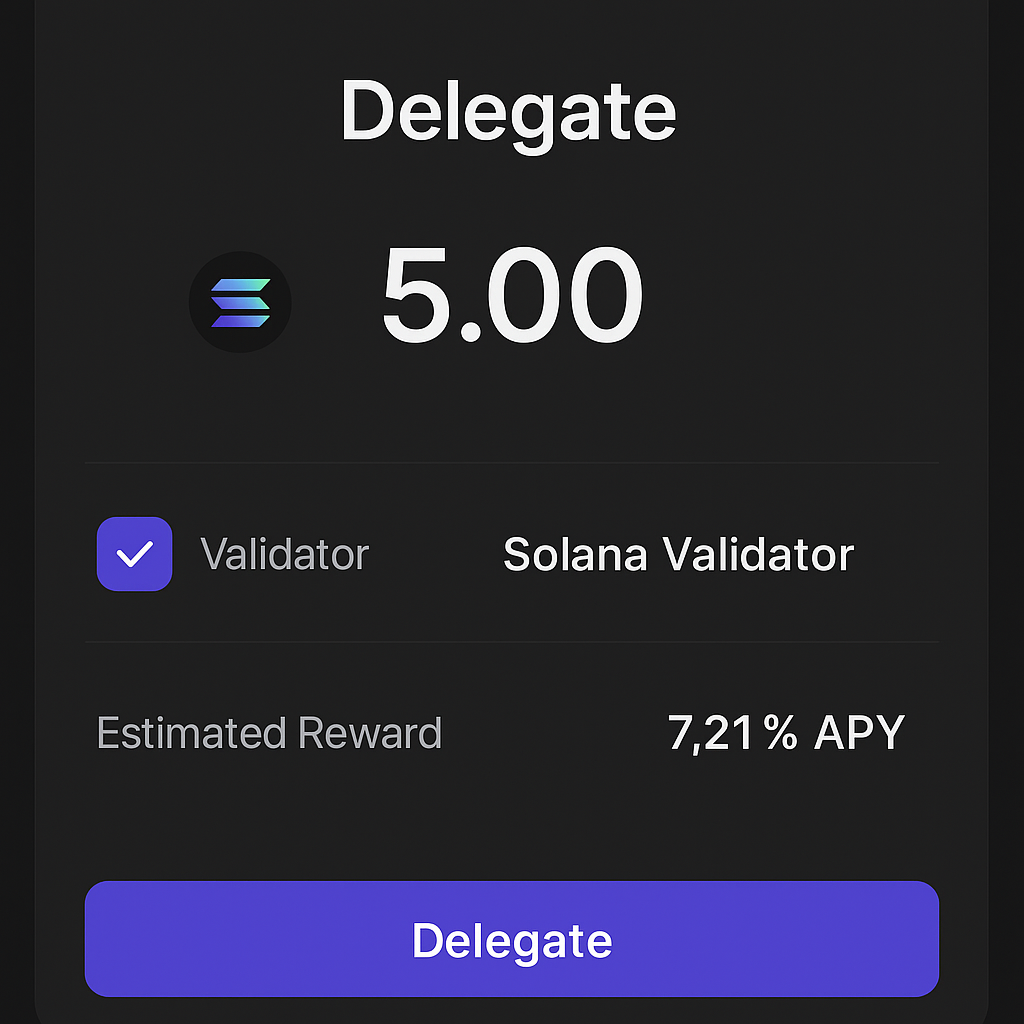
Delegate SOL to a Validator: Use your wallet to delegate SOL to your chosen validator. This process locks your tokens for staking and supports network security.
-
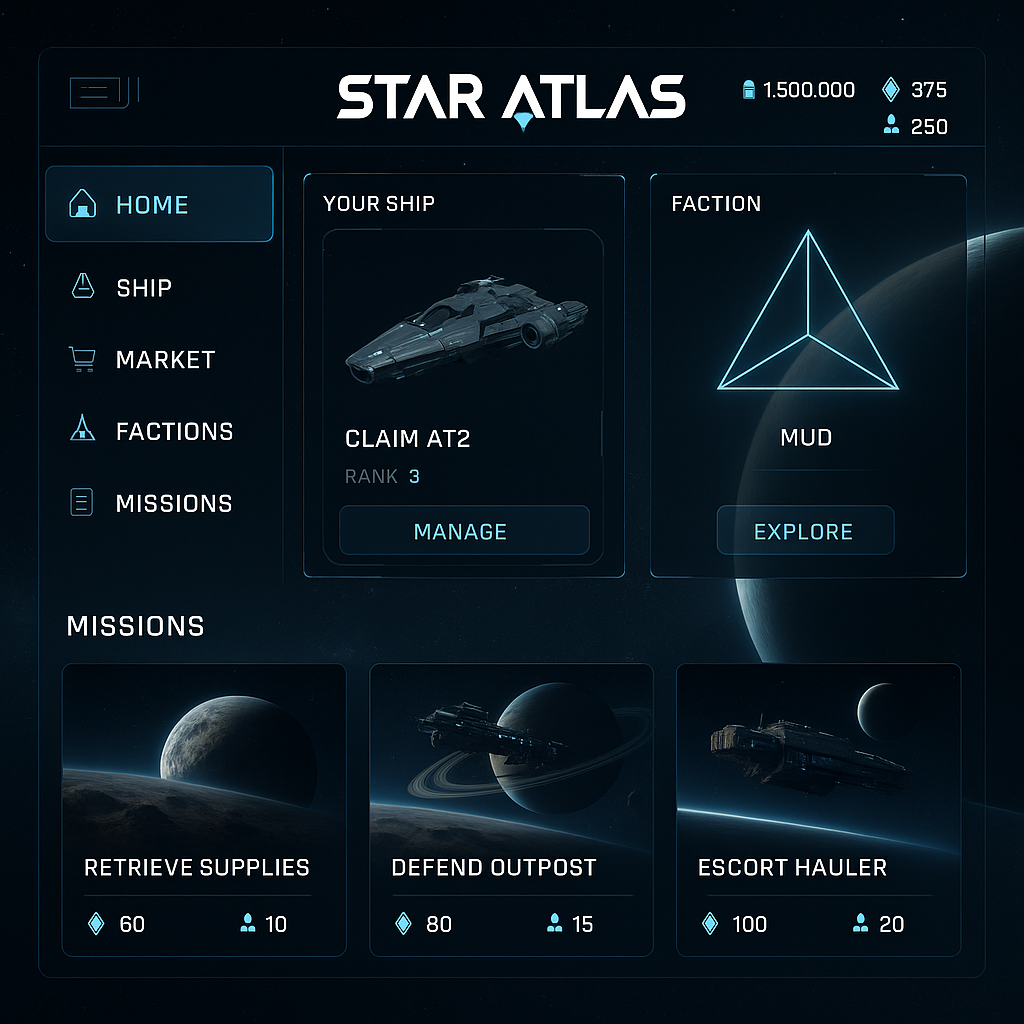
Connect to a Web3 Game: Link your wallet to a supported Web3 game such as Star Atlas or Aurory that offers staking-based rewards.
-
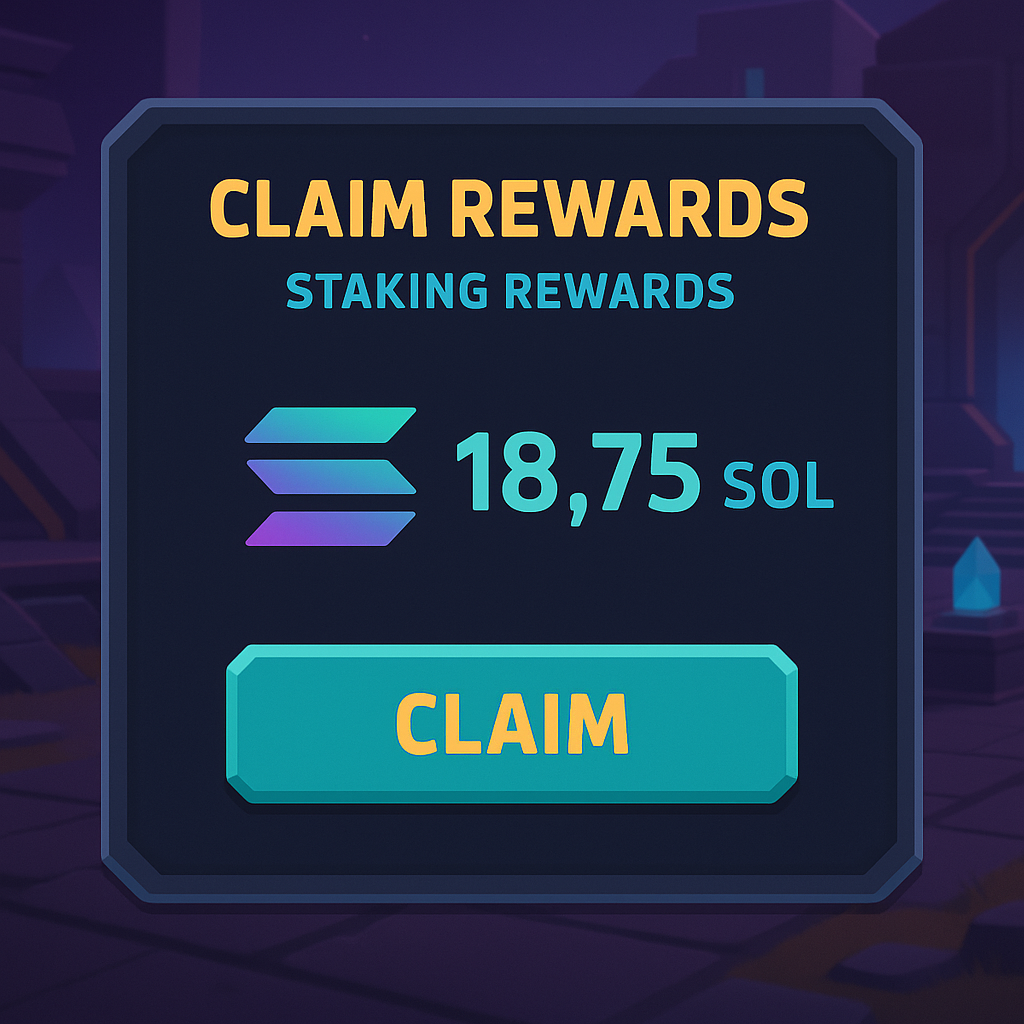
Claim Game Rewards: Earn and claim in-game rewards or tokens, which are distributed based on your staked SOL and validator performance.
For example, games like Aurory and Star Atlas are experimenting with integrating wallet connections that verify your staked balance. Depending on your delegation size or validator choice, you might receive unique NFTs, leaderboard advantages, or enhanced earning rates on in-game quests.
Why Gamers Are Embracing Web3 Game Staking
The appeal is obvious: instead of letting your tokens sit idle or only chasing financial yield, staking SOL for games lets you double-dip—securing the network while supercharging your gameplay experience. This model is also fueling community-driven economies where guilds coordinate staking strategies to maximize collective rewards.
“Solana XP rewards are creating a new meta where loyalty to validators pays off inside AND outside the game world.”



